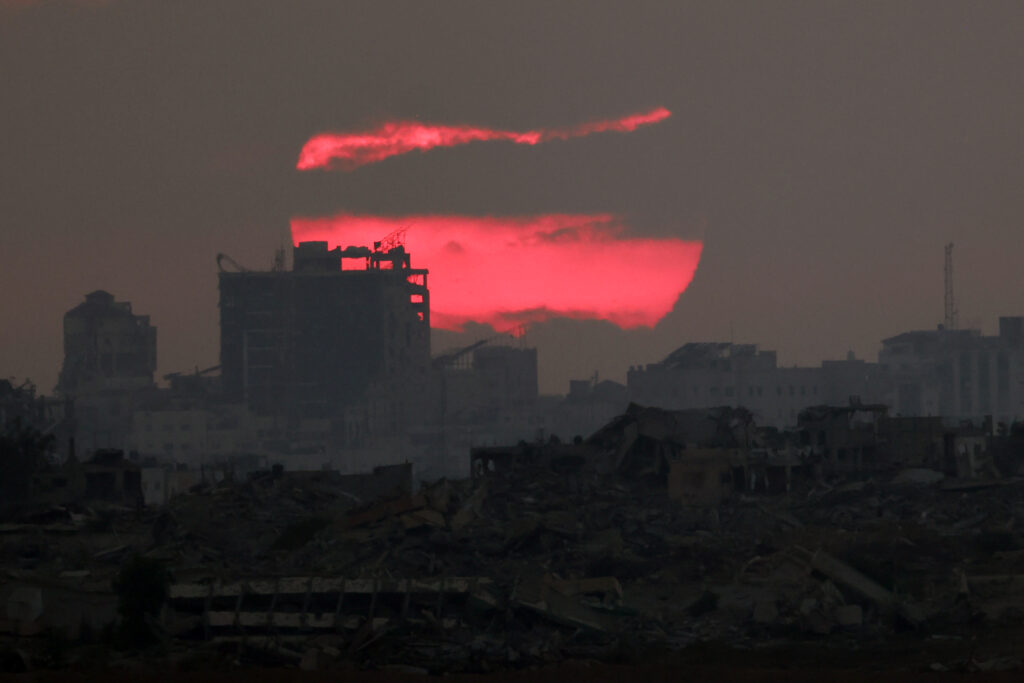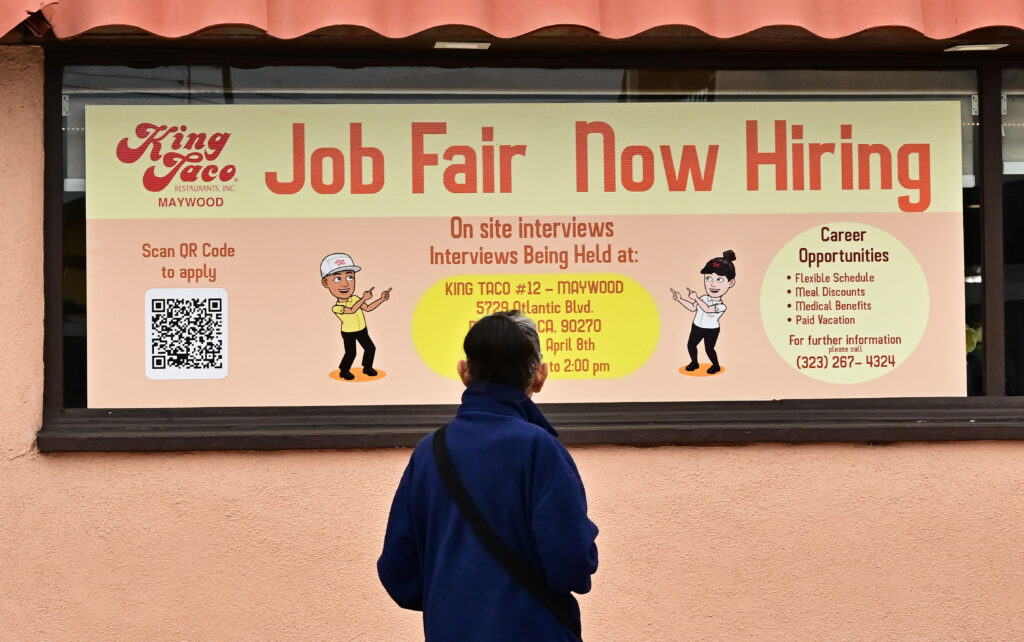AFP Asia Business
Netanyahu vows to bring all Gaza hostages home
Israeli premier Benjamin Netanyahu vowed to bring home all the hostages still held by militants in war-stricken Gaza, where the civil defence agency said 73 people were killed Thursday in his country’s ongoing offensive.Netanyahu has come under strong pressure to get the hostages back after US President Donald Trump said Israel had agreed to a 60-day ceasefire with Palestinian militant group Hamas that could lead to their release.”I feel a deep commitment, first and foremost, to ensure the return of all our abductees, all of them,” Netanyahu told inhabitants of the Nir Oz kibbutz, the community that saw the most hostages seized in the 2023 Hamas attacks that sparked the war.”We will bring them all back,” he added, in filmed comments released by his office.Netanyahu is due to meet Trump in Washington DC next week, with the US president expected to push for a ceasefire. “I want the people of Gaza to be safe more importantly,” Trump told reporters Thursday when asked if he still wanted the US to take over the Palestinian territory, as he announced in February. “They’ve gone through hell.”Israel’s leaders have held firm to their aim of crushing Hamas, even as the group said Tuesday it was discussing new proposals for a ceasefire from mediators.- Israeli offensive expands -Israel has recently expanded its military operations in the Gaza Strip, where its war on Hamas militants has created dire humanitarian conditions and displaced nearly all of the territory’s population of more than two million.Many have sought shelter in school buildings, but these have repeatedly come under Israeli attacks that the military often says target Hamas militants hiding among civilians.Gaza civil defence spokesman Mahmud Bassal said those killed Thursday included 15 in a strike on a school sheltering Palestinians displaced by the war.In an updated toll on Thursday evening, he told AFP that 73 people were killed across the territory by Israeli strikes, artillery or gunfire.They included 38 people he said were waiting for humanitarian aid at three separate locations in central and southern Gaza, and a child killed by a drone in Jabalia in the north.Media restrictions in Gaza and difficulties in accessing many areas mean AFP is unable to independently verify the tolls and details provided by the civil defence agency.- Israel says targeted ‘terrorist’ -Contacted by AFP, the Israeli military said regarding the Gaza city school incident that it “struck a key Hamas terrorist who was operating in a Hamas command and control centre in Gaza City”.”Prior to the strike, numerous steps were taken to mitigate the risk of harming civilians, including the use of precise munitions, aerial surveillance, and additional intelligence,” it added.Regarding numerous other strikes across the territory on Thursday, it said it could not comment in detail without precise coordinates and times.”In response to Hamas’ barbaric attacks, the IDF is operating to dismantle Hamas military capabilities,” it told AFP.It said it “follows international law and takes feasible precautions to mitigate civilian harm”.Bassal said later in a message that the army was refusing to let the civil defence into three neighbourhoods of the city where he said people were trapped under rubble, some of them still alive.The Israeli military did not immediately respond to AFP’s request for comment on the claim.- Strike hits school: civil defence -At the Gaza City school compound hit on Thursday, AFP footage showed young children wandering through the charred, bombed out building, as piles of burnt debris smouldered.Groups of Palestinians picked through the rubble and damaged furniture that littered the floor.Umm Yassin Abu Awda, among mourners who gathered at the city’s Al-Shifa hospital after the strike, said: “This isn’t a life. We’ve suffered enough.””Either you (Israel) strike us with a nuclear bomb and end it all, or people’s conscience needs to finally wake up.”Bassal of the civil defence agency reported 25 people killed while seeking aid near the Netzarim area in central Gaza, six others at another location nearby and seven in Rafah, southern Gaza, with scores of people injured.They were the latest in a string of deadly incidents that have hit people trying to receive scarce supplies.The US- and Israeli-backed aid distribution group Gaza Humanitarian Foundation has distanced itself from reports of people being killed while seeking food from its sites.Hamas’s October 7, 2023 attack that prompted the Israeli offensive resulted in the deaths of 1,219 people, mostly civilians, according to an AFP tally based on Israeli official figures.Israel’s retaliatory military campaign has killed at least 57,130 people in Gaza, also mostly civilians, according to the Hamas-run territory’s health ministry. The United Nations considers its figures reliable.
Stocks climb as strong US jobs data soothes growth worries
Wall Street stock indices finished at fresh records Thursday following solid US jobs data as President Donald Trump’s sweeping budget bill successfully reached the congressional finish line.The US economy added 147,000 jobs in June while unemployment dipped to 4.1 percent from 4.2 percent, a sign of US labor market resilience despite the White House’s wave …
Stocks climb as strong US jobs data soothes growth worries Read More »


